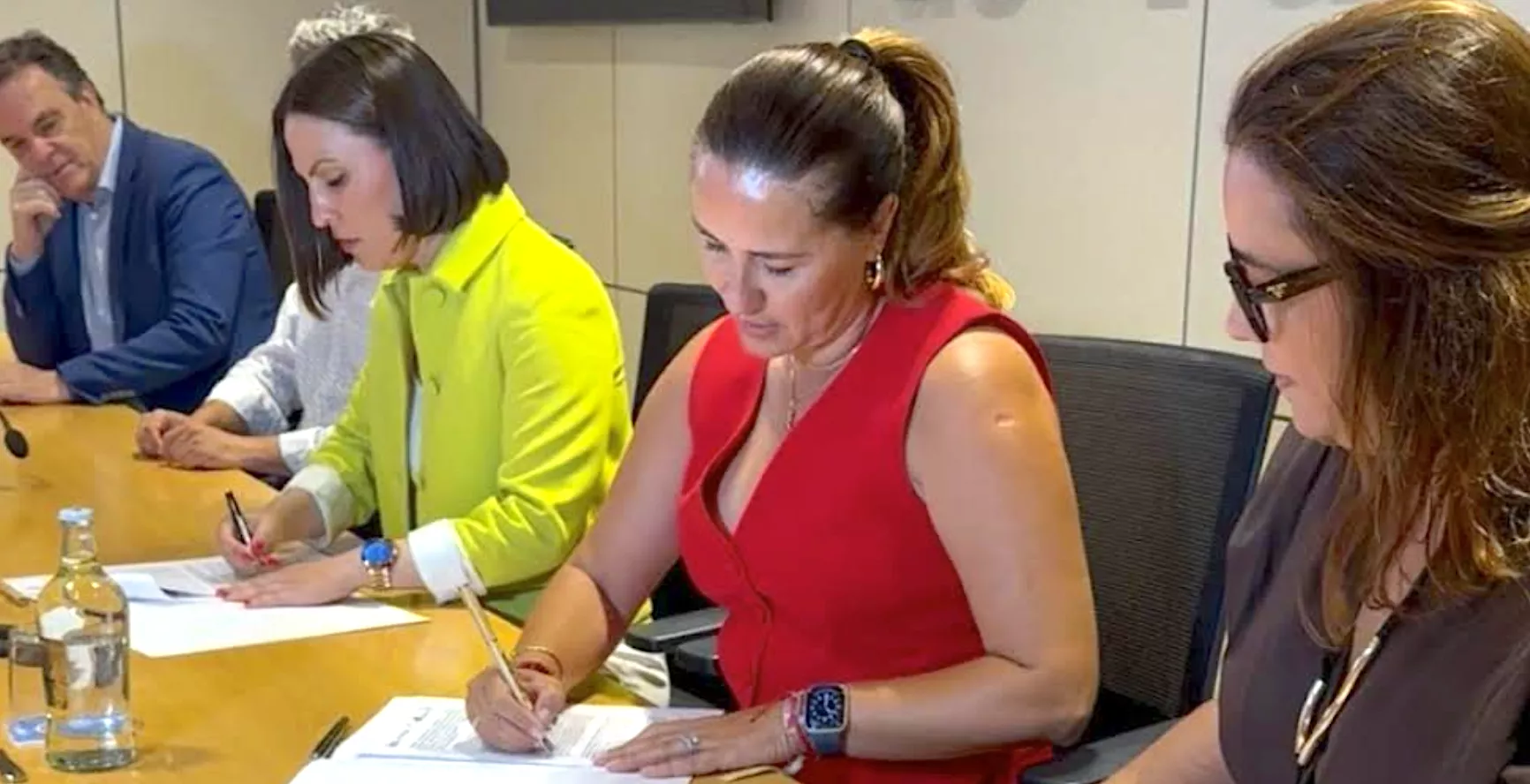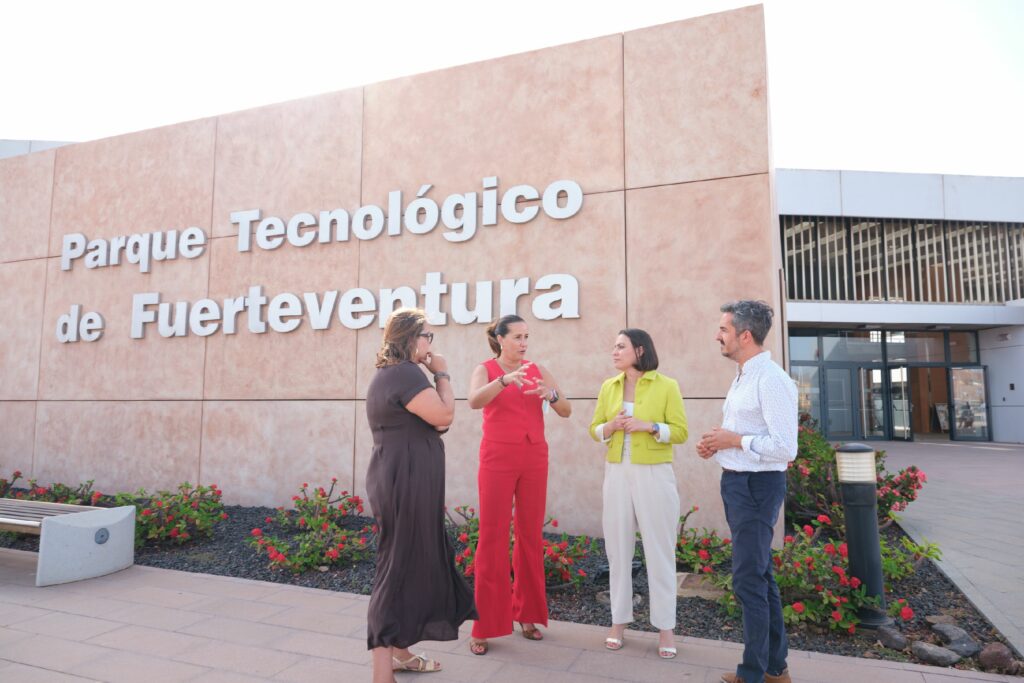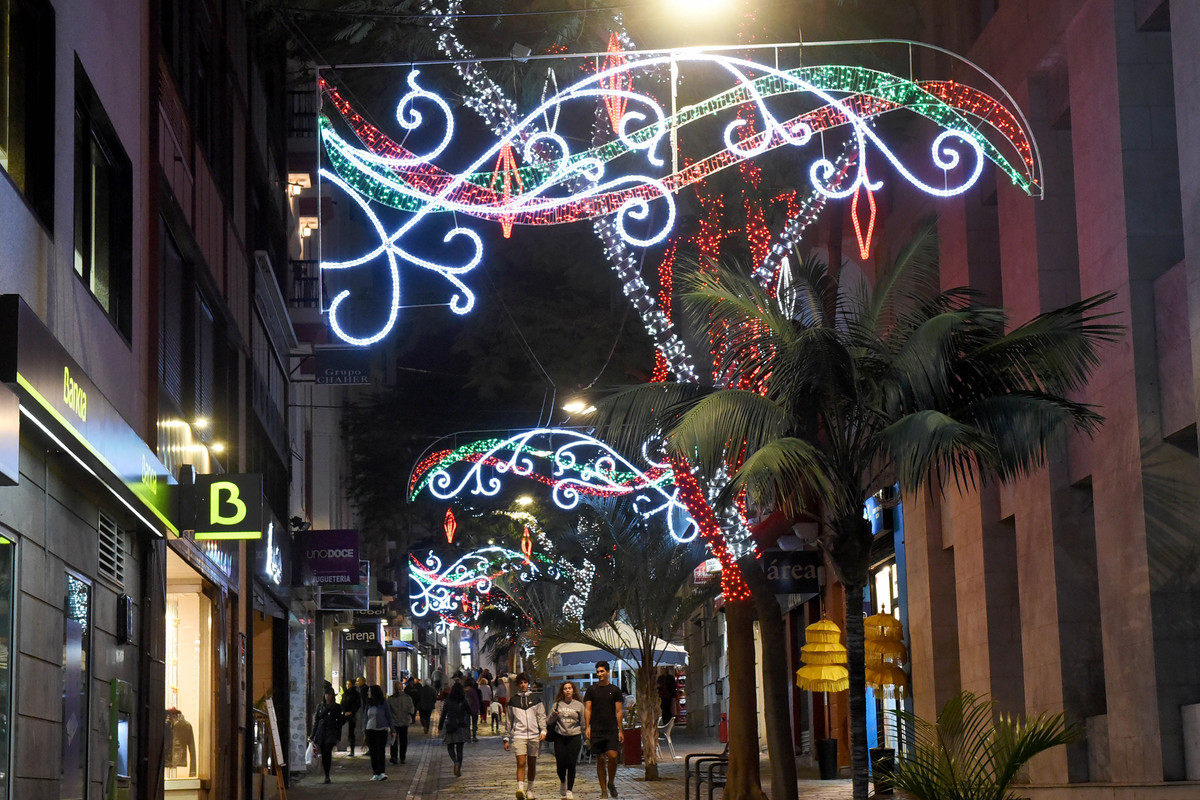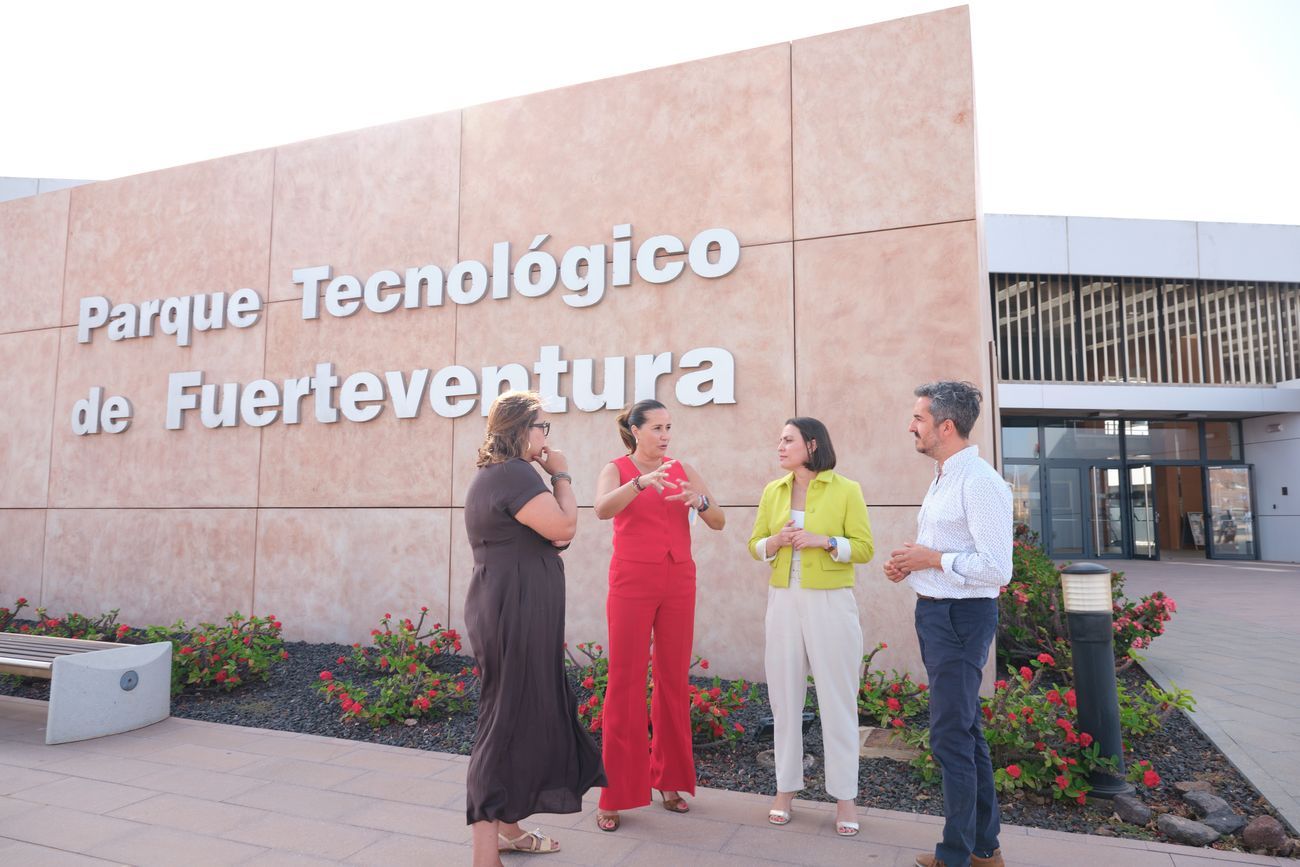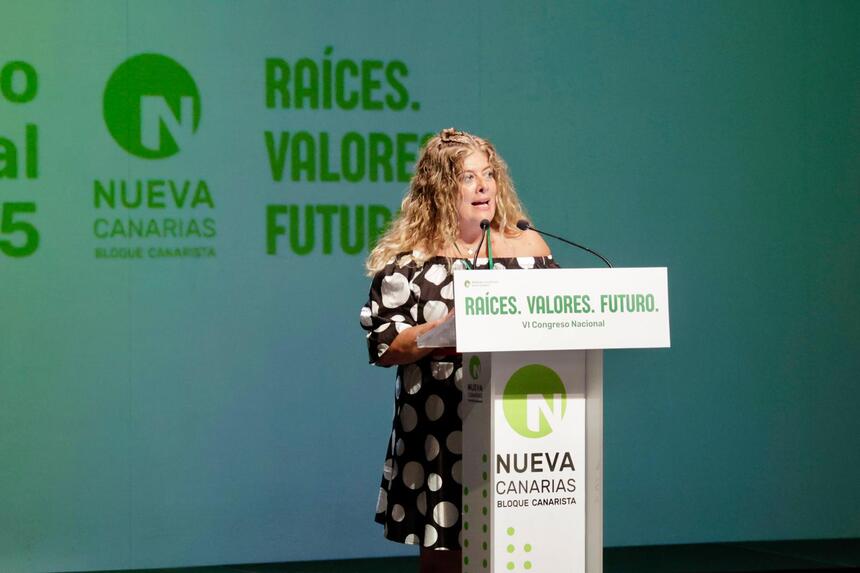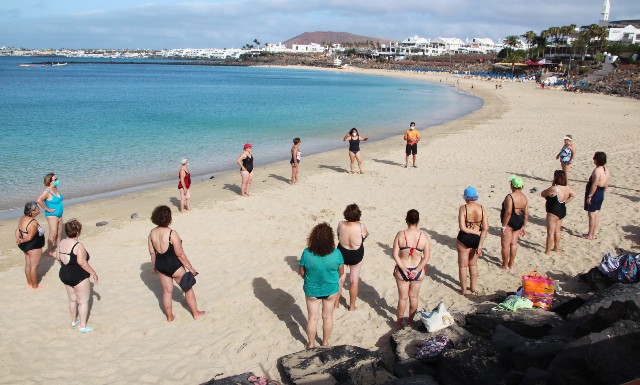The Cabildo of Lanzarote, through the Agriculture and Livestock Department led by island president Oswaldo Betancort, has approved, along with the Regulatory Council of the Lanzarote Wine Denomination of Origin, the first island roadmap to prevent the arrival of phylloxera. This pest, which has wreaked havoc on vineyards in Europe and America throughout history, has recently been detected in several plots in Tenerife, raising alarms in the Canarian wine sector.
The agreed-upon document outlines a set of immediate actions in coordination with growers, wineries, and public administrations. Among these is the creation of an island monitoring committee that will ensure institutional coordination and constant analysis of the evolution of this phytosanitary threat.
The threat of phylloxera poses a risk not only to wine production but also to the landscape and economic appeal generated by vineyards. In this regard, both the Cabildo and the Regulatory Council have stressed that prevention is the most effective tool, as any eventual entry of the pest would be difficult to eradicate.
Strengthening Border Controls
One of the central focuses of the roadmap involves strengthening controls at the Border Inspection Point of Lanzarote. The aim is to ensure strict compliance with the Ministerial Order of 12 March 1987, which sets out specific phytosanitary regulations for the importation, exportation, and transit of plants and plant products in the Canary Islands.
The island authorities consider this measure crucial for halting any risk of phylloxera entering through contaminated plant material. At the same time, technical surveys will begin in abandoned vineyards on the island, as nearly all detected cases in Tenerife have been located on farms with no agricultural activity or adequate monitoring.
The president of the Cabildo has emphasised the need for quick action. “The Lanzarote vineyard is a unique heritage, part of our identity and an economic driver through wine and wine tourism,” Betancort stated, appealing for “collective responsibility” to protect it.
A Call to Growers and the Public
The strategy includes a vital component of awareness-raising. Island authorities have expressly requested that growers, wineries, and the general public avoid introducing plants or plant material from other islands or territories. They have also asked for cooperation in early detection of possible suspicious symptoms that could indicate the presence of the pest.
Lanzarote possesses a unique wine landscape, internationally recognised, where vines are cultivated in holes dug into volcanic lapilli (picón) to harness moisture. This traditional system has produced wines with Denomination of Origin that represent not only a source of income but also a culturally and touristically significant element.



